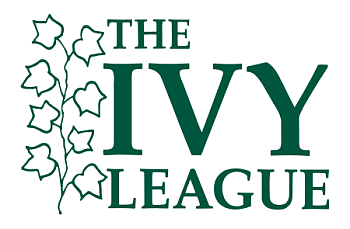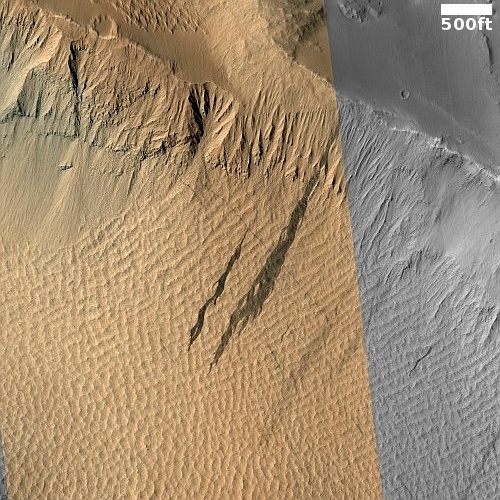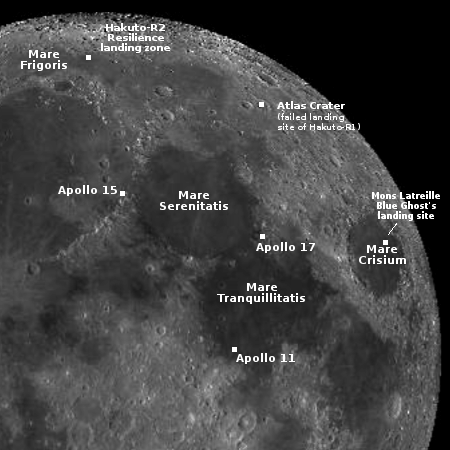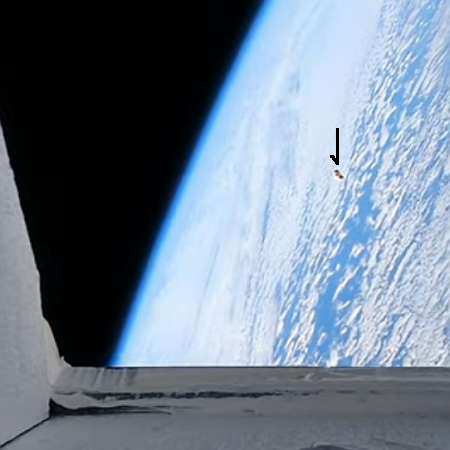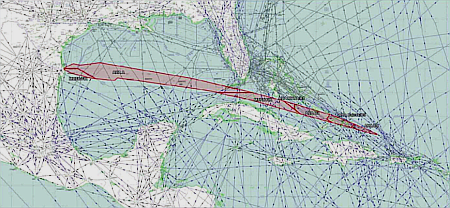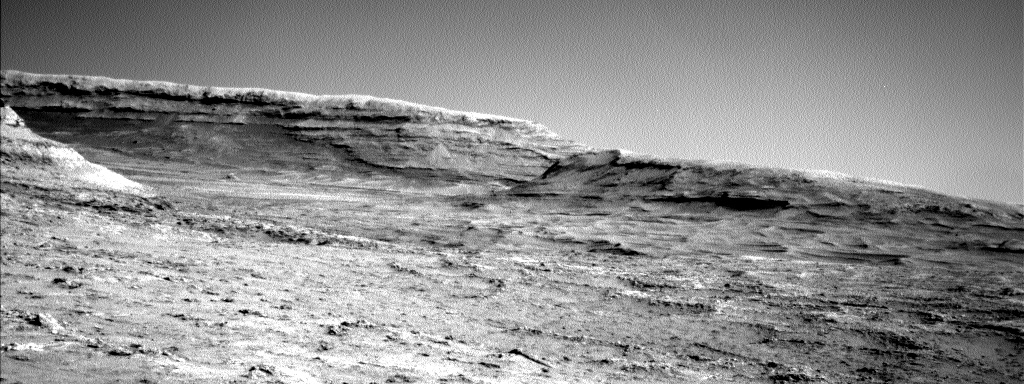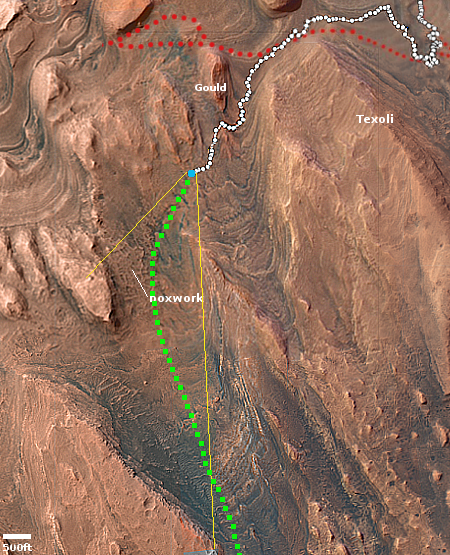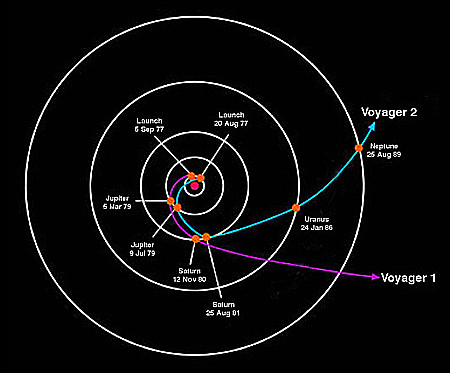Air Force issues draft approval of second SpaceX launchpad at Vandenberg
Air Force last week issued a draft environmental impact statement approving SpaceX’s plans to rebuild the old Space Launch Complex 6 (SLC-6, pronounced “slick-six”) at Vandenberg that was first built for the space shuttle (but never used) and later adapted for ULA’s Delta family of rockets, now retired.
The plan involves rebuilding SLC-6 to accommodate both Falcon 9 and Falcon Heavy launches, including the addition of two landing pads. With its already operational launchpad at Vandenberg, SLC-4E, the company hopes to increase its annual launch rate from 50 (approved by the FAA earlier this month) to as much as 100.
The estimated launch cadence between SpaceX’s existing West Coast pad at … SLC-4E and SLC-6 would be a 70-11 split for Falcon 9 rockets in 2026 with one Falcon Heavy at SLC-6 for a total of 82 launches. That would increase to a 70-25 Falcon 9 split in 2027 and 2028 with an estimated five Falcon Heavy launches in each of those years.
The draft assessment is now open to public comment through July 7, 2025, with a final version expected to be approved in the fall. It appears the Air Force wants it approved, as it needs this capacity for its own launch requirements. It also appears it no longer cares what the California Coastal Commission thinks about such things, as it has no authority and its members appear motivated not by environmental concerns but a simple hatred of Elon Musk.
An annual launch rate of 100 however exceeds what the FAA approved in May, doubling it. In order to move forward either the FAA will have to issue a new reassessment of its own, or some legislative or executive action will be needed to reduce this red tape. Since Vandenberg is a military base, the military in the end makes all the final decisions. The FAA simply rubber-stamps those decisions.
Air Force last week issued a draft environmental impact statement approving SpaceX’s plans to rebuild the old Space Launch Complex 6 (SLC-6, pronounced “slick-six”) at Vandenberg that was first built for the space shuttle (but never used) and later adapted for ULA’s Delta family of rockets, now retired.
The plan involves rebuilding SLC-6 to accommodate both Falcon 9 and Falcon Heavy launches, including the addition of two landing pads. With its already operational launchpad at Vandenberg, SLC-4E, the company hopes to increase its annual launch rate from 50 (approved by the FAA earlier this month) to as much as 100.
The estimated launch cadence between SpaceX’s existing West Coast pad at … SLC-4E and SLC-6 would be a 70-11 split for Falcon 9 rockets in 2026 with one Falcon Heavy at SLC-6 for a total of 82 launches. That would increase to a 70-25 Falcon 9 split in 2027 and 2028 with an estimated five Falcon Heavy launches in each of those years.
The draft assessment is now open to public comment through July 7, 2025, with a final version expected to be approved in the fall. It appears the Air Force wants it approved, as it needs this capacity for its own launch requirements. It also appears it no longer cares what the California Coastal Commission thinks about such things, as it has no authority and its members appear motivated not by environmental concerns but a simple hatred of Elon Musk.
An annual launch rate of 100 however exceeds what the FAA approved in May, doubling it. In order to move forward either the FAA will have to issue a new reassessment of its own, or some legislative or executive action will be needed to reduce this red tape. Since Vandenberg is a military base, the military in the end makes all the final decisions. The FAA simply rubber-stamps those decisions.



